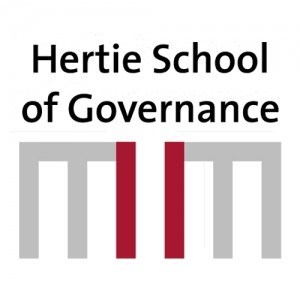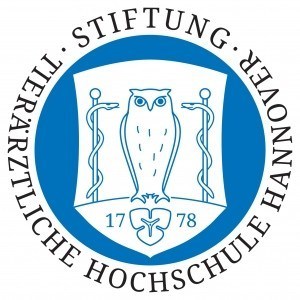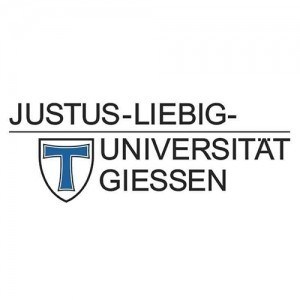Photos of university / #unihohenheim
Agricultural Economics (AgEcon) at the University of Hohenheim is a comprehensive interdisciplinary program designed to equip students with the quantitative, analytical, and managerial skills necessary to address the complex challenges facing the agricultural and food sectors today. This program emphasizes the integration of economic theory, agricultural sciences, and environmental considerations to prepare graduates for a wide range of careers in rural development, agribusiness, policy analysis, and international trade. Students will learn to analyze market behaviors, evaluate economic policies, and develop sustainable solutions for agricultural production and resource management. The curriculum combines fundamental courses in microeconomics, macroeconomics, and statistics with specialized modules on agricultural policy, food supply chains, rural development, and environmental economics. Practical training through case studies, project work, and internships ensures that graduates gain hands-on experience in real-world settings. The program also offers opportunities for international exchange and collaborative research, fostering cross-cultural competencies and exposure to global agricultural issues. Graduates of the Agricultural Economics program will be well-prepared to contribute to innovative solutions for sustainable agriculture, food security, and rural livelihoods, making a significant impact in both public and private sectors worldwide. The program’s multidisciplinary approach and strong emphasis on research and practical application make it an excellent choice for students committed to advancing agricultural development and economic resilience.
Educational organisation
The two-year MSc programme in Agricultural Economics at Hohenheim comprises four semesters, during which 15 thematic modules and the Master's thesis must be completed.A typical semester consists of five modules, each with an exam at the end. During the first three semesters, students complete their compulsory and elective modules. In the fourth semester, they work on their Master's thesis. Thesis topic and supervisor can be chosen from both compulsory and elective modules. The thesis can pursue empirical or theoretical questions related to ongoing research projects. However, students' own initiatives and ideas are certainly welcome, too.
The programme structure at Hohenheim ensures a solid agricultural economics education but also allows students to pursue their own career aspirations. A personal mentor from the teaching staff advises students on module selections as well as supports students in planning their studies in a smooth and goal-oriented way. Students are encouraged to spend one semester in the second year at a partner university abroad to gain additional experience and to further strengthen their individual profile. Assessment is based on the European Credit Transfer System (ECTS), which facilitates international mobility.
Study abroad unit(s)
Students have the opportunity to complete selected modules out of other study programmes. Likewise, the thesis research can partly be conducted abroad (within one of the numerous international research projects with which the University of Hohenheim is involved). Special travel grants are available for outstanding students.Internships
Internships are not compulsory, but recommended. The internship must be organised by the student and has to fit the schedule of the programme. Upon request, the Career Center may assist in finding an internship.Forms of assessment
Written assessment (exams, presentations, essays, thesis, etc.)Oral assessment (exams, presentations, defence, etc.)
Course objectives
The AgEcon programme emphasises economic analysis and quantitative methods to address real-world problems. Students acquire both the analytical skills and policy background required for strategic positions in government agencies, NGOs, international organisations, and the private sector. The programme also provides excellent qualifications for pursuing a doctoral degree and an academic career.Language requirements
TOEFL: minimum 90 internet-based orIELTS: minimum 6.5
Academic requirements
An above-average Bachelor of Science (BSc) or equivalent degree in agricultural and environmental sciences, business administration, or economics is required. Basic knowledge of statistics and microeconomics is also necessary. Please also submit a proof of English language proficiency (TOEFL or equivalent) and the result of the obligatory pretest, which can be completed online.Enrolment fees
About 160 EUR per semesterCosts of living
Living expenses are relatively high. Each student should budget at least 700 EUR per month for accommodation, food, health insurance, and public transportation.For the first month, students should expect higher costs, as they have to pay registration fees.
Rent for a single room varies from 220 EUR to 400 EUR per month.
Job opportunities
Hohenheim offers enrolled students assistant jobs on campus. Students are responsible for managing working hours and these hours should not conflict with their studies. Working off campus is also possible according to the Aliens Act. However, please be aware that without good knowledge of German, jobs are quite difficult to find.Arrival support
Assistance with accommodation, enrolment, and health insurance is provided by the international office. The programme coordination office can help with the organisation of the studies and other formalities.Services and support for international students
German language courses for beginners and advanced learners are offered during the semester. Students can participate in ten introductory days with trips and presentations to get to know the university facilities and local surroundings."Warm-up seminars" (intercultural seminar, facts and skills seminar) are offered before the start of the programme.
Upon request, a personal mentor from the teaching staff can advise students on appropriate study profiles as well as support students in planning their studies in a smooth and goal-oriented way.









